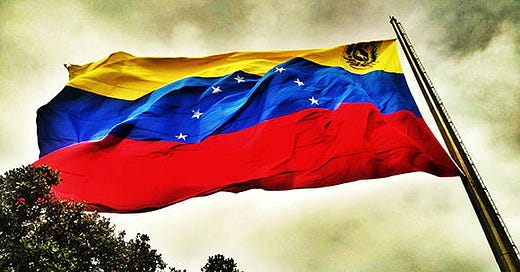In my commentaries of August 2 and August 9, I described the attempted coup d’état in Venezuela, and I referred to it as a U.S.-directed coup. It remains so, but the soft coup has evolved toward use of the Organization of American States as its driving instrument.
On August 16, an Extraordinary Session of the Permanent Council of the Organization of American States emitted a resolution recognizing the substantial and peaceful participation of the electorate in the elections on July 28 in Venezuela; calling upon the interested parties to seek a peaceful solution to the conflict; stressing the importance of preserving the digital and printed records of the voting; and calling upon the National Electoral Council to publish in an expedited manner the results of the voting in each voting district, respecting the principal of the impartial verification of the results. The non-binding resolution was sponsored by the USA, with Antigua and Barbuda, Argentina, Canada, Chile, Ecuador,…



